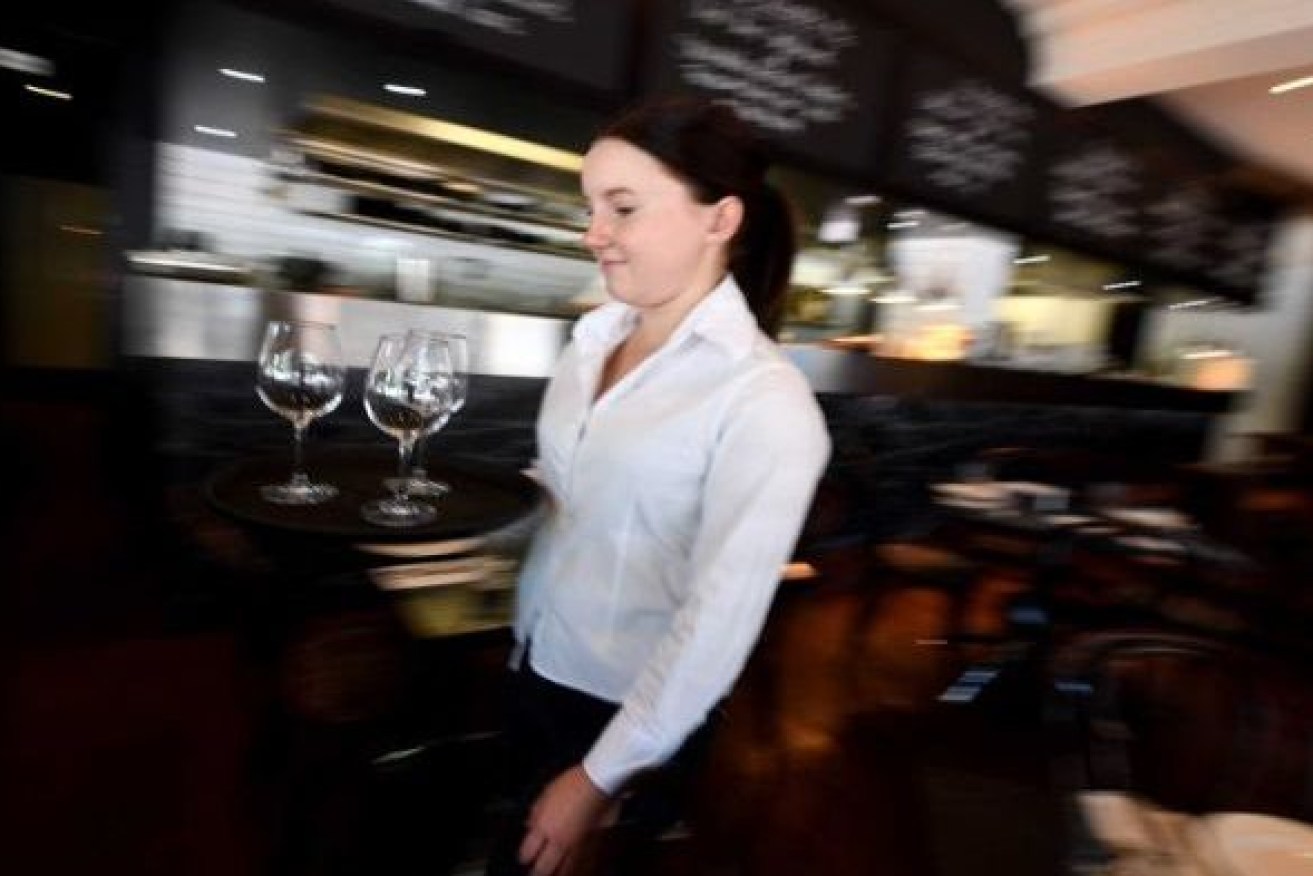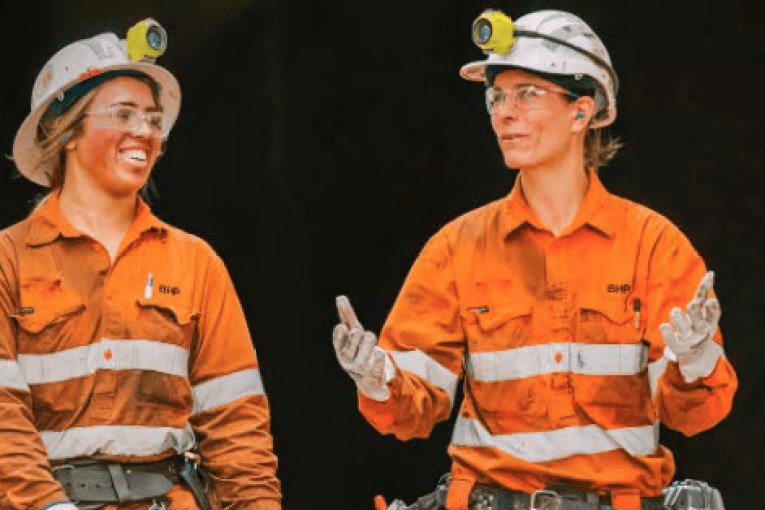How a coalfields union stoush could change the way many of us work
A legal case started in the Queensland coalfields is still reverberating and could lead to a fundamental change in employment.


Business are more likely to fail in areas of younger population, a study shows (Photo: AAP: Lukas Coch)
When the Rossato case went to the High Court the decision upended decades of industrial law and meant that a casual employee who worked regular and systematic hours was also entitled to the paid leave entitlements of a permanent employee.
WorkPac, the labour-hire firm at the centre of the dispute, has sought special leave to appeal the ruling claiming that employers would be forced to pay $14.2 billion in backpay claims, a figure unions reject.
But the result is likely to be a drawn-out brawl as the Federal Government is dragged into providing a legislative fix for issues the High Court may not be able to resolve.
Shadowing the case is the COVID-19 pandemic and the way it will reshape modern work as well as the push by unions to prevent further casualisation of the workforce.
Recruitment, Consulting and Staffing Association of Australia chief executive Charles Cameron represents the labour hire industry at the heart of the judgment. He said without legislation Australia would be left with “complete uncertainty and this huge unfunded liability’’.
But he has a proposal.
“Perhaps employers could give workers the opportunity to trade part of their casual loading for certain leave entitlements. I think that’s where we are getting to,’’ he said.
“If workers want to adapt the wage are we at the point we could do that?
“After a period of 12 months could you have a circumstance where they like to receive 15 per cent casual loading and the other 10 per cent is put into a government-run universal leave fund so there could be bank of paid time and hours.
“You are probably going to find that younger people without overheads or a family are not going to be interested in it and want money in the pocket whereas when you have your first child it would become more attractive.
“People want different things. Mature age workers don’t necessarily want the leave they want the money in the pocket but you can’t have a scenario where there is double-dipping.’’
“I put it on employers to take a step back . In this day and age of technology and HR systems you can’t tell me that we don’t have the capacity to accommodate the variable and adapting needs of workers.’’
He said the system could work like the current superannuation system and could potentially mean that the entitlements were portable.
“Hell, yeah we can do it. We just have to overcome the die-in-the-ditch attitude,’’ he said.
But he also thinks that the ultimate decision won’t be made by the unions or the employers but by the workforce who will choose which they prefer – job permanence or casual loading.
Either way, courage will be needed from the leadership of both sides, he said.
Queensland Council of Unions assistant secretary Jacqueline King said the case was not going to create the devastation employers claimed. It was unlikely to impact the broad casual workforce unless they worked under the same conditions and claim about the $14.2 billion cost was a fallacy.
“Workpac was specific to a certain type of case. It was clear it was a result of a worker employed by one agency to one employer on a fixed roster on fulltime hours,’’ King said.
“Casual work or labour hire or temporary work has a place in some industries but when you look at through the lens of this decision that has been rorted.
Covid has highlighted the inadequacies in the labour market for about a third of the workers who are in insecure employment.
“We have seen so many people lose their jobs.’’
She said the roundtable process initiated by the Federal Government may be a solution but not if they are a wedge to have even more casualisation.
“People are going into it with their eyes open and they will take that back to their members.’
The Rossato case was based around a worker, Robert Rossato, who was employed by Workpac for a job in the coalfields. The High Court found he was entitled to the benefits of a permanent worker despite getting casual loading because he was on a permanent roster with one company for 10 years.
It means the CFMEU is preparing a class action for hundreds of workers employed under similar conditions and goes to the heart of the unions fight over the casualisation of the workforce.
“Let’s put aside the union ideology of why they have run this and look at what the workers want. The majority of awards already have the obligation for the conversion of permanent employment. In 3.5 per cent of cases these casuals when they are given the opportunity elect to convert,’’ Cameron said.
The unions counter that by saying that’s because the wages they would receive are meagre.
“The minister has made it clear there is a need for a legislative fix. Relying on the High Court to resolve all the ambiguity that has come from the two decisions is not acceptable and we would definitely agree with that,’’ Cameron said.
“When (former prime minister) Julia Gillard sat around the table with business and unions forming the Fair Work Act I don’t think it was intended that it would rip awards for things like casual employment.
“It was never raised around the table then because there was a good understanding that it worked and worked pretty well.’’
“When we get beyond COVID it will be pretty devastating for anyone making an investment in Australia.’’












